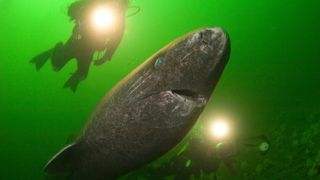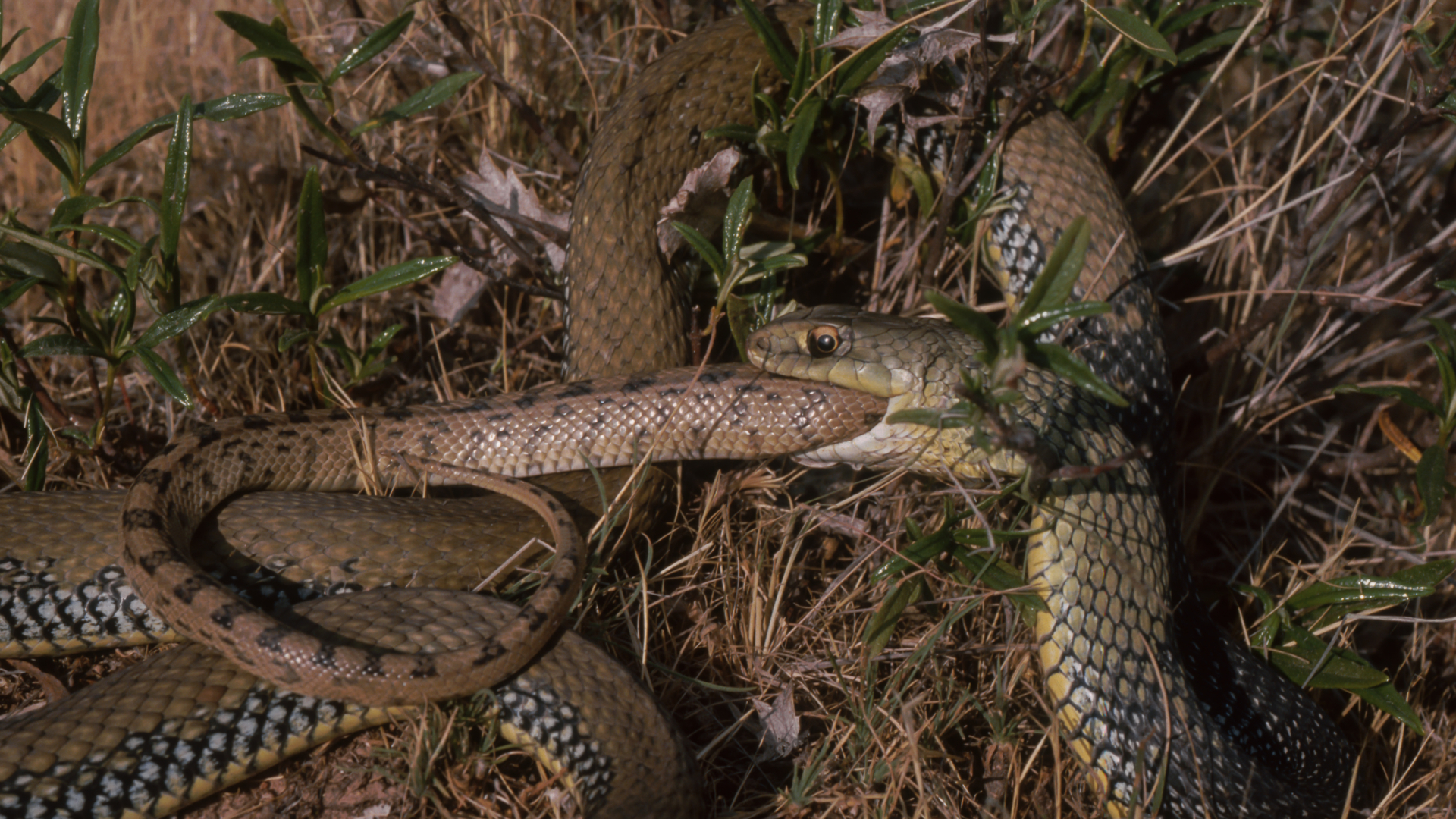
James Price
James is Live Science’s production editor and is based near London in the U.K. Before joining Live Science, he worked on a number of magazines, including How It Works, History of War and Digital Photographer. He also previously worked in Madrid, Spain, helping to create history and science textbooks and learning resources for schools. He has a bachelor’s degree in English and History from Coventry University.
Latest articles by James Price

HP Omen Max 16 (2025) review: This heavyweight pushes everything to the max
By James Price published
The powerhouse HP Omen Max 16 packs a serious punch and can handle intensive tasks with ease. But this power has its downsides.

Cats meow more at men to get their attention, study suggests
By James Price published
A small study reveals that cats greet male owners more vocally than female ones. But the findings could be a result of cultural norms among the participants, rather than a universal cat behavior, scientists say.

Neanderthals made fire, orcas and dolphins team up, and the 'Star of Bethlehem' explored
By Tia Ghose, Alexander McNamara published
Science news this week Dec. 13, 2025: Our weekly roundup of the latest science in the news, as well as a few fascinating articles to keep you entertained over the weekend.
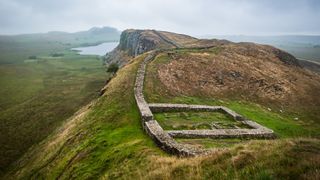
New discoveries at Hadrian's Wall are changing the picture of what life was like on the border of the Roman Empire
By James Price published
The British northern frontier was the edge of the Roman world — and a place of violence, boredom and opportunity, experts told Live Science.

Scientists pull up first riches from 'Holy Grail of shipwrecks' that sank off Colombia in 1708
By James Price published
The shipwreck is considered to be one of the richest in the world and has rested at the bottom of the Caribbean Sea since 1708.

100,000 mph 'comet fragment' explodes in green fireball over Great Lakes, eerie videos show
By James Price published
A fireball lit up the skies over the Great Lakes in the early hours of Sunday and was visible for hundreds of miles.
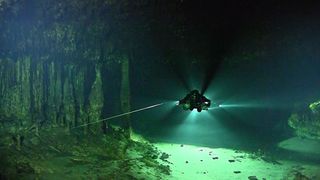
Sistema Ox Bel Ha: A vast hidden system that's the longest underwater cave in the world
By James Price published
This incredible submerged cave network is the longest of its kind in the world and plays a vital role in the region.

Neanderthals were more susceptible to lead poisoning than humans — which helped us gain an advantage over our cousins, scientists say
By James Price published
Humans and our ancestors have been exposed to lead for 2 million years, but the toxic metal may have actually helped our species to develop language — giving us a key advantage over our Neanderthal cousins, scientists claim.

The most devastating extreme weather events of the year: Gallery
By James Price published
Extreme weather events have caused devastation in a number of U.S. regions this year. Here are some of the most harrowing photos of that damage.

Extreme weather caused more than $100 billion in damage by June — smashing US records
By James Price published
After damaging wildfires in LA, tornadoes and series of floods, the first six months of this year smashed multiple extreme weather records in the U.S., data show — and experts say this trend is likely to continue.

'I trust AI the way a sailor trusts the sea. It can carry you far, or it can drown you': Poll results reveal majority do not trust AI
By Elise Poore published
Do you trust AI? Live Science readers share their thoughts.

Which animals can hold their breath underwater the longest?
By James Price published
Many animals that live in water need to come up to the surface to breathe, but they can still spend impressive lengths of time submerged thanks to a few clever tricks.
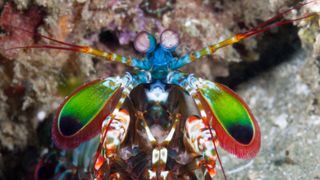
Animal kingdom's most powerful puncher generates a 'phononic shield' to protect itself
By Elise Poore published
The mantis shrimp's club uses a built-in vibration shield that filters out damaging shock waves to enable it to strike with bullet-like force without breaking.
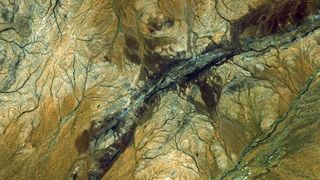
The oldest rocks on Earth
By James Price published
The world's oldest rocks are spread across the globe and paint a picture of Earth's turbulent early history. Here are some of the most notable and important formations scientists have discovered.
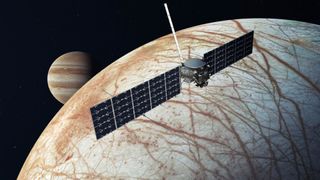
Europa Clipper: What's next for NASA's biggest-ever interplanetary spacecraft?
By James Price published
NASA just launched a spacecraft the size of a basketball court towards Jupiter's moon Europa. Here's what will happen over the next 10 years.
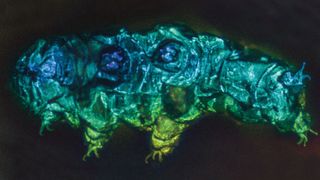
1st tardigrade fossils ever discovered hint at how they survived Earth's biggest mass extinction
By Elise Poore published
Detailed 3D images of the first tardigrade fossils ever discovered help scientists predict when tardigrades evolved their near-indestructibility — a trait that might have helped them survive multiple mass extinctions.
Get the world’s most fascinating discoveries delivered straight to your inbox.
